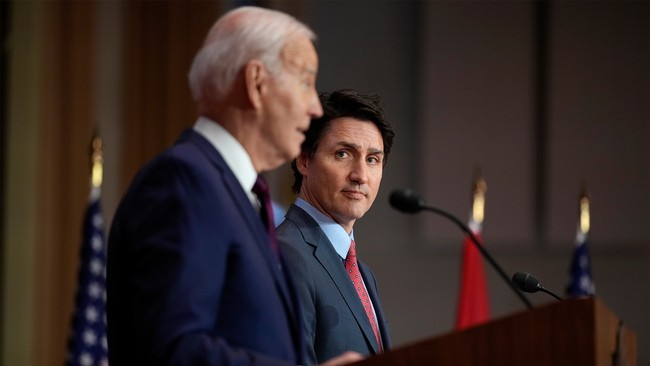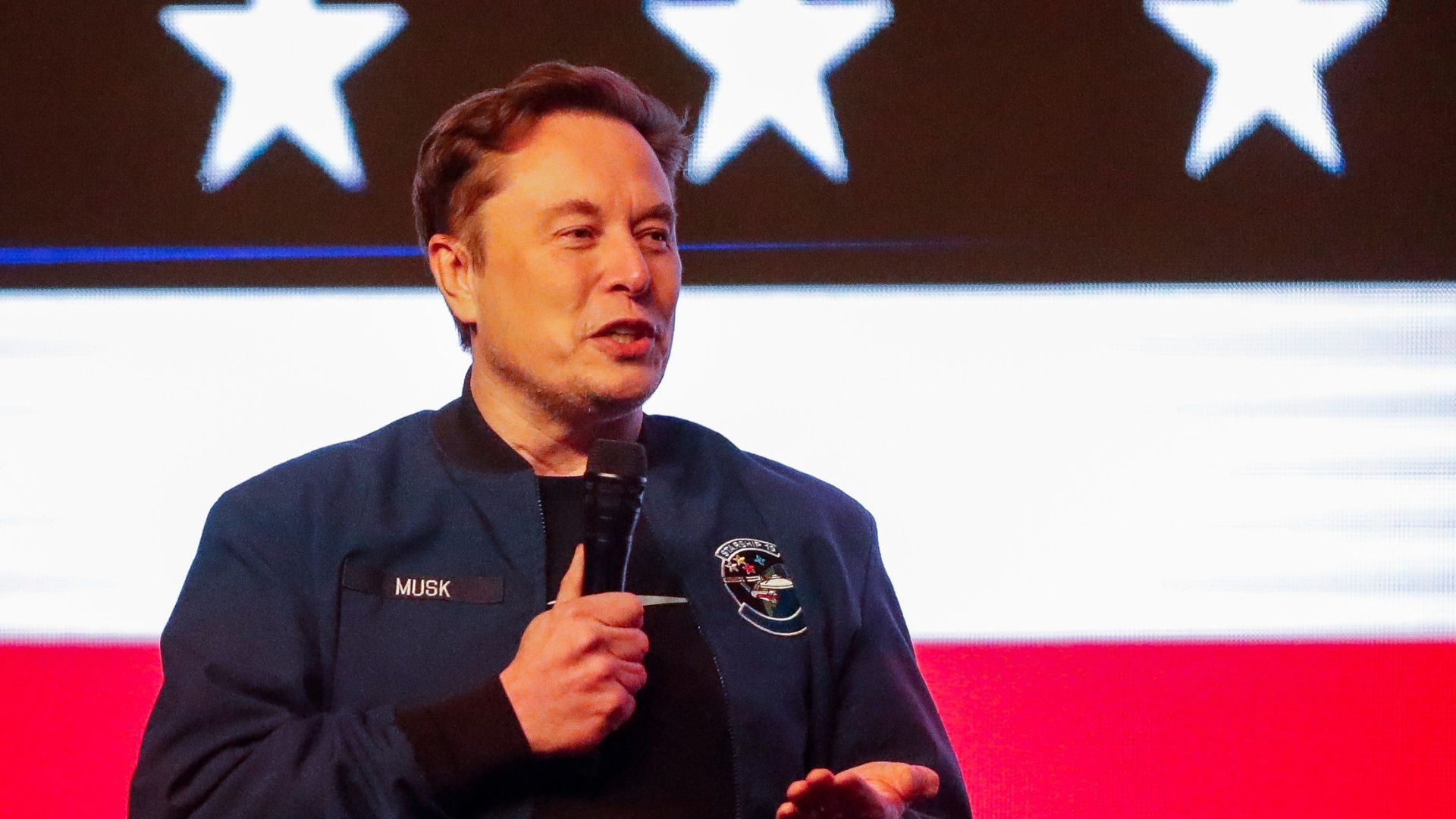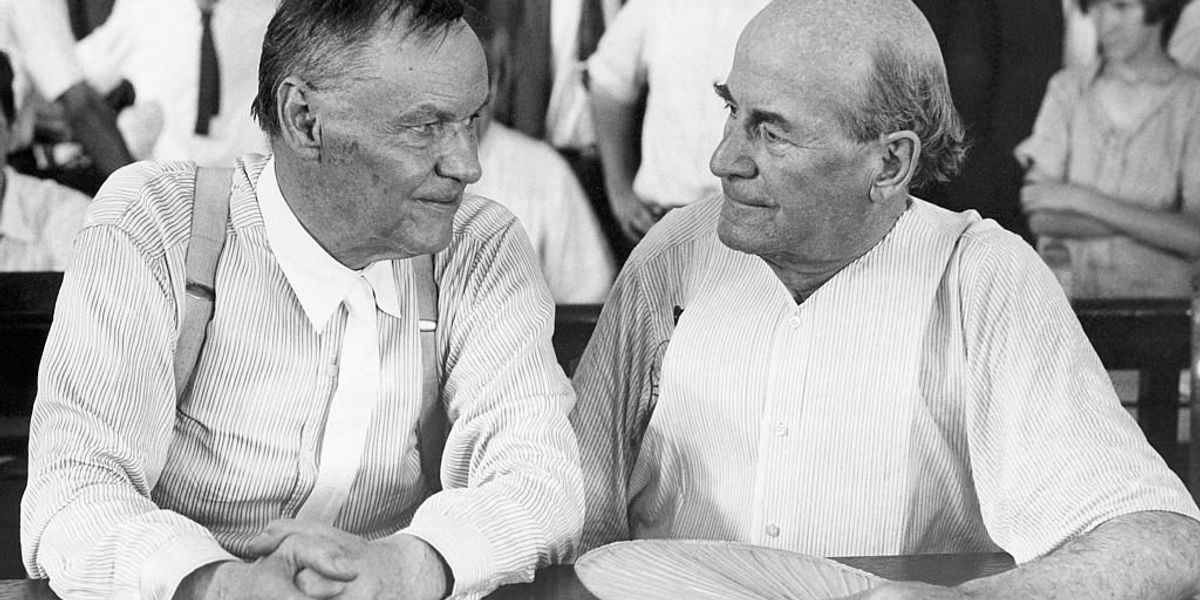Canadian Prime Minister Justin Trudeau is reportedly preparing to step down from his position, with an announcement expected as early as Monday, according to multiple Canadian media outlets.
BREAKING: Canadian Prime Minister Trudeau to resign this week.
— Leading Report (@LeadingReport) January 6, 2025
Celebrate Trump’s Historic 2024 Victory with the Exclusive Trump 47th President Collection!
The Globe and Mail first reported the development on Sunday night, citing three sources familiar with the situation.
BREAKING: Justin Trudeau expected to announce resignation as Prime Minister of Canada by Wednesday. pic.twitter.com/lT1LEdmiqG
— Charlie Kirk (@charliekirk11) January 6, 2025
While the exact timing of Trudeau’s resignation remains unclear, it is expected to occur before a national caucus meeting scheduled for Wednesday.
This news follows a period of declining public support for Trudeau, who has been Canada’s prime minister since 2015.
Canada is grappling with several economic and social challenges, including a housing crisis, high inflation, and a declining per-capita GDP.
With a national election set for October 20, Trudeau’s approval ratings have hit historic lows.
According to a poll conducted by Angus Reid as of December 24, Trudeau’s disapproval rating stands at 68%, with only 28% of Canadians expressing support for him.
Canadian Prime Minister Justin Trudeau is reportedly preparing to step down from his position, with an announcement expected as early as Monday, according to multiple Canadian media outlets.
The Globe and Mail first reported the development on Sunday night, citing three sources… pic.twitter.com/SsxjQTBBdU
— RVM News (@redvoicenews) January 6, 2025
Trudeau’s expected resignation comes on the heels of several difficult months in Canadian politics.
In September, he survived a no-confidence vote in Parliament, despite efforts by the Conservative Party to remove him from office.
Adding to his political troubles, Finance Minister Chrystia Freeland resigned from Trudeau’s cabinet on December 16.
Freeland, once regarded as a staunch Trudeau ally, stated in her resignation letter that she and the prime minister had diverging views on the best course for Canada.
“For the past number of weeks, you and I have found ourselves at odds about the best path forward for Canada,” Freeland wrote in her letter.
She emphasized the need for fiscal caution, citing the possibility of a “coming tariff war.”
See my letter to the Prime Minister below // Veuillez trouver ma lettre au Premier ministre ci-dessous pic.twitter.com/NMMMcXUh7A
— Chrystia Freeland (@cafreeland) December 16, 2024
Freeland’s departure dealt a significant blow to Trudeau’s administration, and her resignation was widely interpreted as a sign of deepening divisions within the Liberal Party.
Adding to Trudeau’s challenges, Jagmeet Singh, leader of the New Democratic Party (NDP) and a former ally, announced plans to introduce a motion of no-confidence on January 27.
Singh criticized the Liberal Party’s leadership and called for change.
“No matter who is leading the Liberal Party, this government’s time is up. We will put forward a clear motion of non-confidence in the next sitting of the House of Commons,” Singh said.
⚠️ BREAKING NEWS !!!
Jagmeet Singh just issued a statement.
“We will put forward a clear motion of non-confidence in the next sitting of the House of Commons”
In other words….. right after I become eligible for my golden pension…and not a day sooner.. pic.twitter.com/KdZ8mbXSSK
— Martyupnorth®- Unacceptable Fact Checker (@Martyupnorth_2) December 20, 2024
Trudeau has also faced criticism for his personal choices during times of national crisis.
In late November, the prime minister was seen attending a Taylor Swift concert in Toronto while violent riots erupted in Montreal.
The incident drew widespread condemnation, with opposition members accusing him of prioritizing leisure over governance.
Don Stewart, a Member of Parliament representing a Toronto district, voiced his frustration on social media.
“Lawless protesters run roughshod over Montreal in violent protest. The Prime Minister dances,” Stewart wrote on X (formerly Twitter). “This is the Canada built by the Liberal government. Bring back law and order, safe streets and communities in the Canada we once knew and loved.”
Lawless protestors run roughshod over Montreal in violent protest.
The Prime Minister dances.
This is the Canada built by the Liberal government.
Bring back law and order, safe streets and communities in the Canada we once knew and loved. pic.twitter.com/PVJvR6gtmf
— Don Stewart (@donstewartmp) November 23, 2024
Trudeau later addressed the riots, describing the violence as “appalling” and emphasizing the need for accountability.
The writing is on the wall: Justin Trudeau is on his way out.
Gerald Butts, Trudeau’s closest ally, says his leadership is “unsurvivable.”
Conservatives are ready to table a non-confidence vote.
Liberal MPs are distancing themselves
The Trudeau era done ✅ future begins now pic.twitter.com/6YOpN4ohzB
— Marc Nixon (@MarcNixon24) December 28, 2024
Trudeau’s anticipated resignation marks a significant moment in Canadian politics.
As the Liberal Party navigates the fallout from his departure, the country’s political landscape is poised for a shift ahead of the upcoming national election.
With mounting economic challenges, political division, and public dissatisfaction, the next steps for Trudeau and his party will likely shape Canada’s trajectory in the months to come.
The opinions expressed by contributors and/or content partners are their own and do not necessarily reflect the views of LifeZette. Contact us for guidelines on submitting your own commentary.
Read the full article here


![Justin Trudeau Rumored to Step Down, Liberals in Chaos [WATCH] Justin Trudeau Rumored to Step Down, Liberals in Chaos [WATCH]](https://www.lifezette.com/wp-content/uploads/2024/12/2024.12.31-05.45-lifezette-67742dc7823ab.jpg)




![TikTok Influencer Accused of Killing Marine Veteran in Parking Garage in Front of Fiancée and Baby [WATCH] TikTok Influencer Accused of Killing Marine Veteran in Parking Garage in Front of Fiancée and Baby [WATCH]](https://www.rvmnews.com/wp-content/uploads/2025/06/2025.06.05-01.25-rvmnews-68419abfb862e.jpg)




